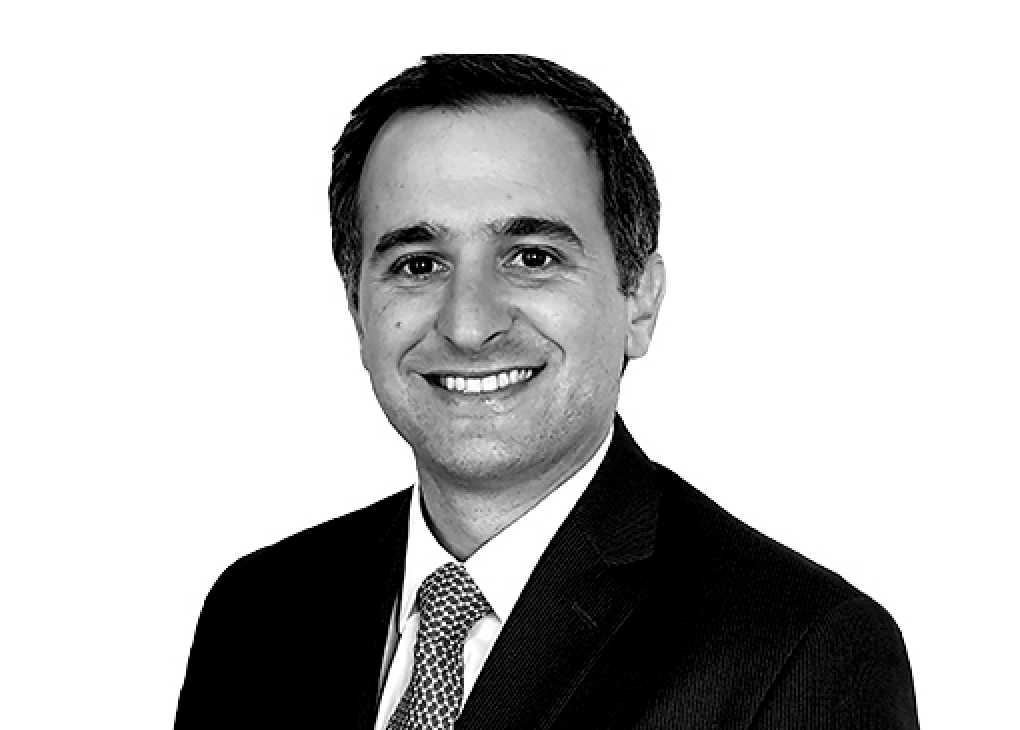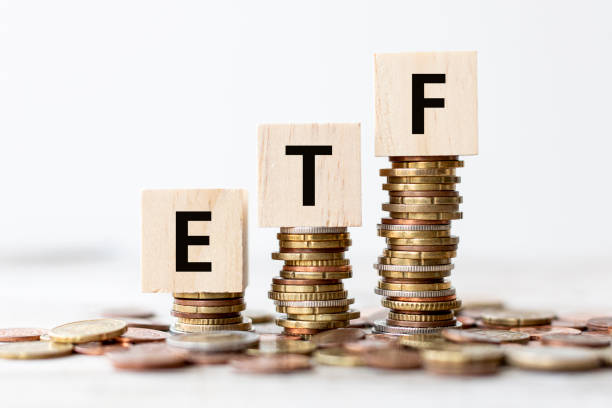CI Private Wealth Rebrands as Corient
| By Marcelo Soba | 0 Comentarios

CI Private Wealth announces it is rebranding as Corient. The new name is derived from “client oriented” and expresses the firm’s commitment to providing its clients with an unparalleled wealth management experience.
“The Corient brand embodies our mission to put our clients at the center of everything we do. We exist for one reason: to help our clients achieve their financial goals, simplify their lives and establish legacies that will last for generations,” said Kurt MacAlpine, Chief Executive Officer of Corient and CI Financial Corp. (“CI”), Corient’s parent company. “The new name better reflects the extensive capabilities we offer today as a national, integrated organization and our vision to become the country’s pre-eminent private wealth firm.”
Corient now serves as the brand for all of the company’s offices, as it has discontinued co-branding with its legacy firm names, effective immediately. This reflects the ongoing integration of Corient’s predecessor companies into one cohesive registered investment advisor (“RIA”) firm.
“The unified Corient brand clarifies for clients that they benefit from the expertise of our entire network and the expanded services and capabilities made possible by our greater size and scale,” Mr. MacAlpine said. “In the short time since our founding, we have accomplished much on behalf of our clients that would not have been possible for most independent firms. We established a tax practice and a trust company, we have delivered better investment pricing and lending rates, and we significantly strengthened our alternative investments platform. Today, we are operating under an integrated platform that, along with our collective scale, enables us to better serve the complex needs of our clients.”
Corient is a fiduciary, fee-only wealth management firm that is distinguished by its private partnership model, similar to leading professional services firms. This approach encourages its advisors to collaborate rather than compete and creates an environment that rewards teamwork in pursuit of the shared vision to deliver unrivaled client excellence.
CI first entered the U.S. RIA sector in 2020 and has become one of the industry’s fastest-growing wealth platforms through acquisitions and strong organic growth. Today, CI’s U.S. wealth management business has $147 billion in assets under management, and is one of the largest integrated RIAs in the U.S.
“It’s the right time to adopt a new identity, one that conveys the value we offer and our distinct character and positioning in the marketplace,” said Mr. MacAlpine. “We’re very excited about our brand and the future of Corient.”
The Corient name was selected through a rigorous, multi-step process. A third-party branding agency conducted extensive research and helped to identify a list of potential choices. More than 70 of the firm’s partners participated in focus groups, narrowing the initial list to two finalists. The ultimate selection was determined by a vote of all partners, who favored Corient by a wide margin. This approach demonstrates the firm’s unique, integrated structure and its differentiated approach to the business.
The Corient name originated with one of the company’s legacy firms and has been thoroughly re-imagined through its new positioning and a newly designed logo.
CI continues to use the CI Private Wealth brand for its Canadian ultra-high-net-worth wealth management business.





